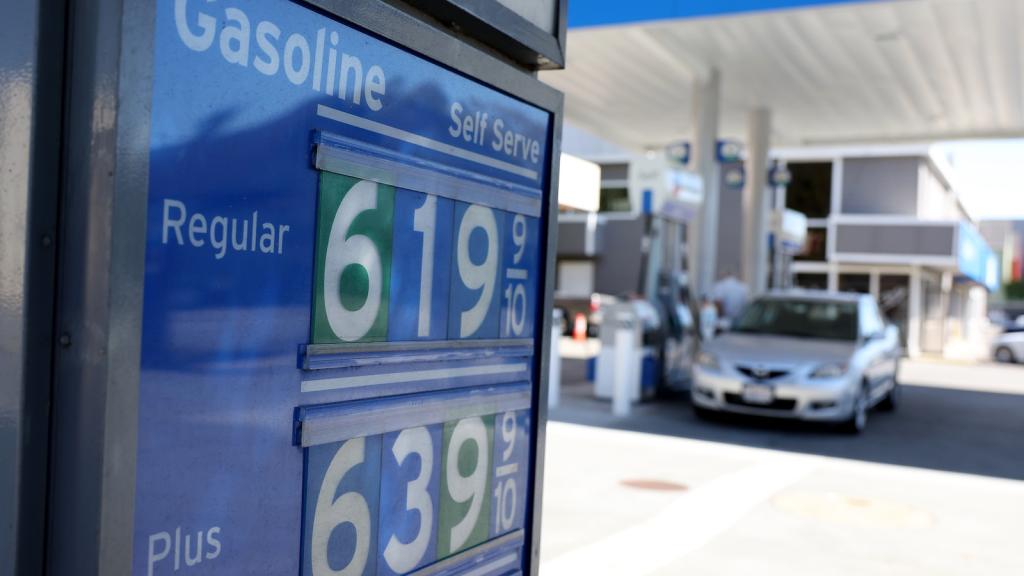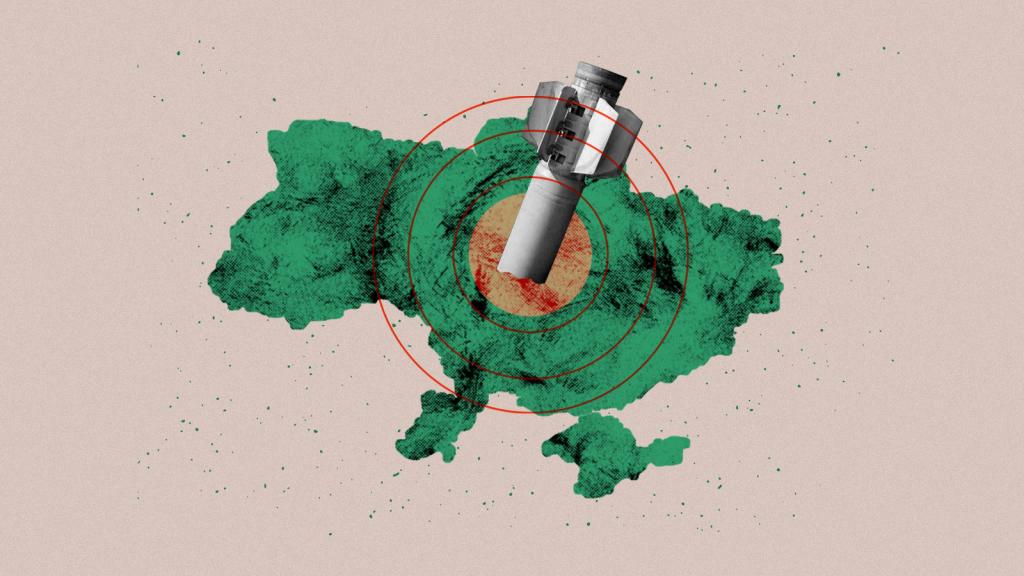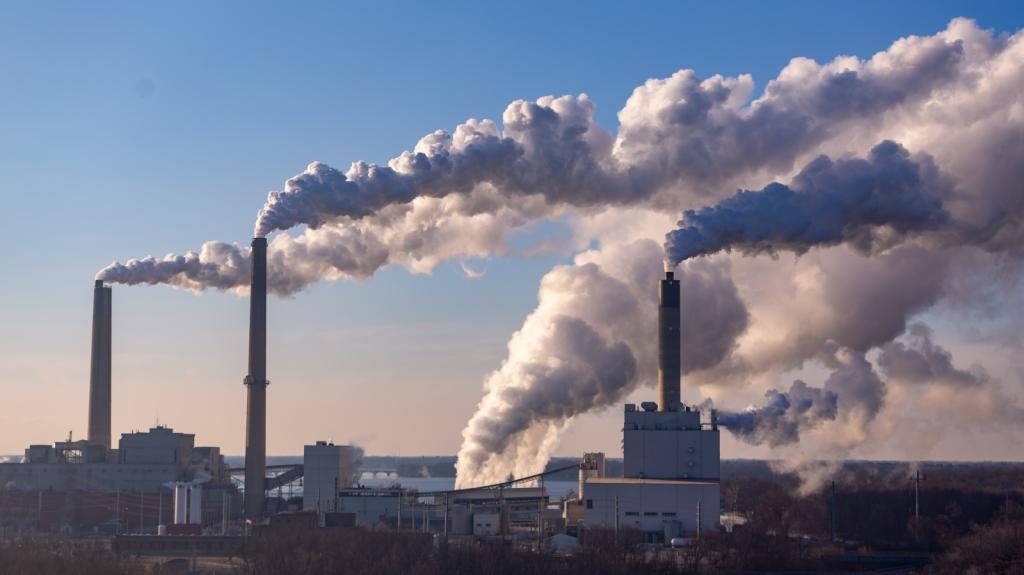Climate Connections is a collaboration between Grist and the Associated Press that explores how a changing climate is accelerating the spread of infectious diseases around the world, and how mitigation efforts demand a collective, global response. Read more here.
In early 2022, nearly 200,000 Malawians were displaced after two tropical storms struck the southeastern part of Africa barely a month apart. Sixty-four people died. Amid an already-heavy rainy season, the storms Ana and Gombe caused tremendous devastation across southern Malawi to homes, crops, and infrastructure.
“That March, we started to see cholera, which is usually endemic in Malawi, becoming an outbreak,” said Gerrit Maritz, a deputy representative for health programs in Malawi for the United Nations Children’s Fund. Cholera typically affects the country during the rainy season, from December to March, during which time it remains contained around Lake Malawi in the south and results in about 100 deaths each year.
Read more




